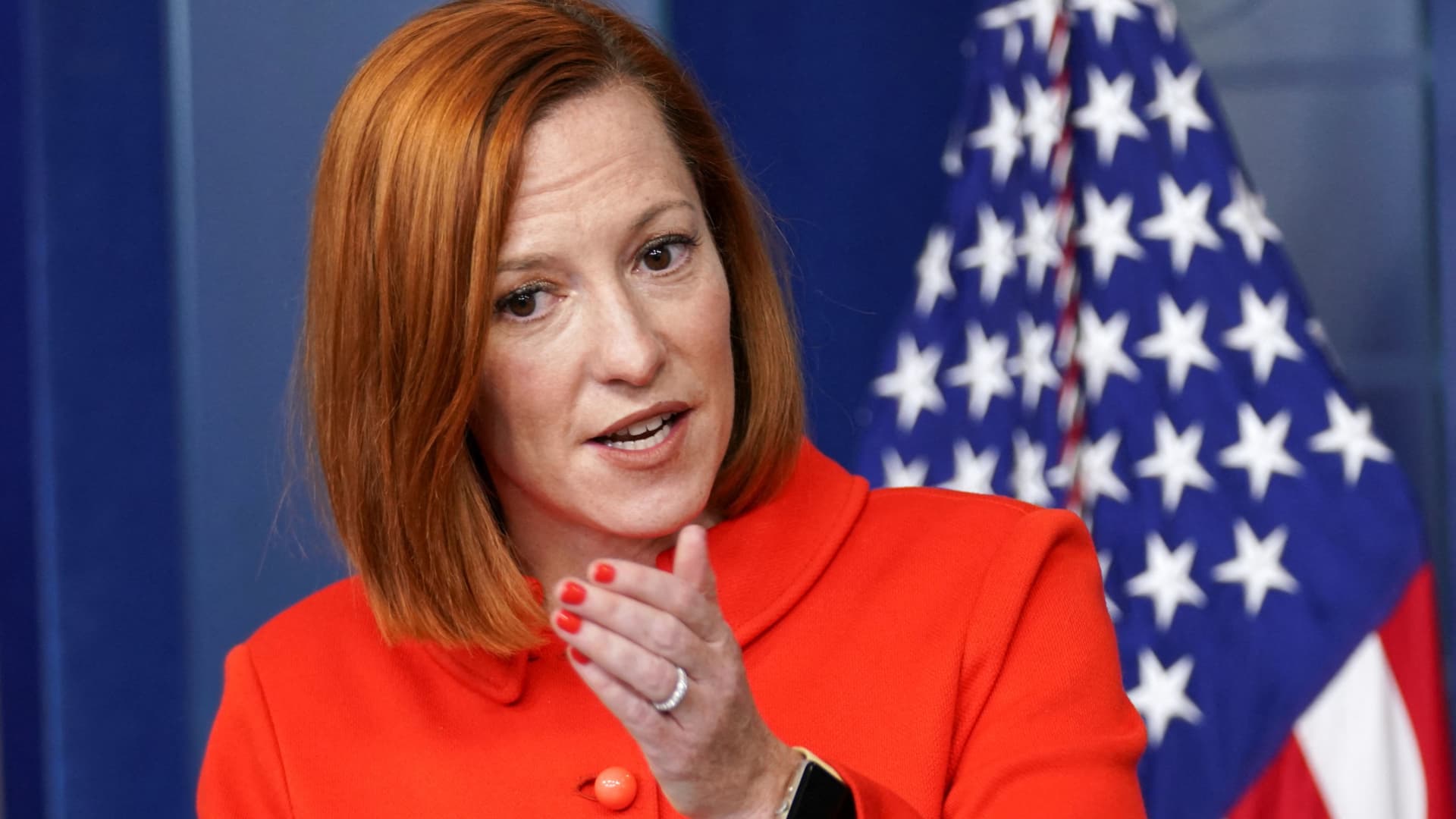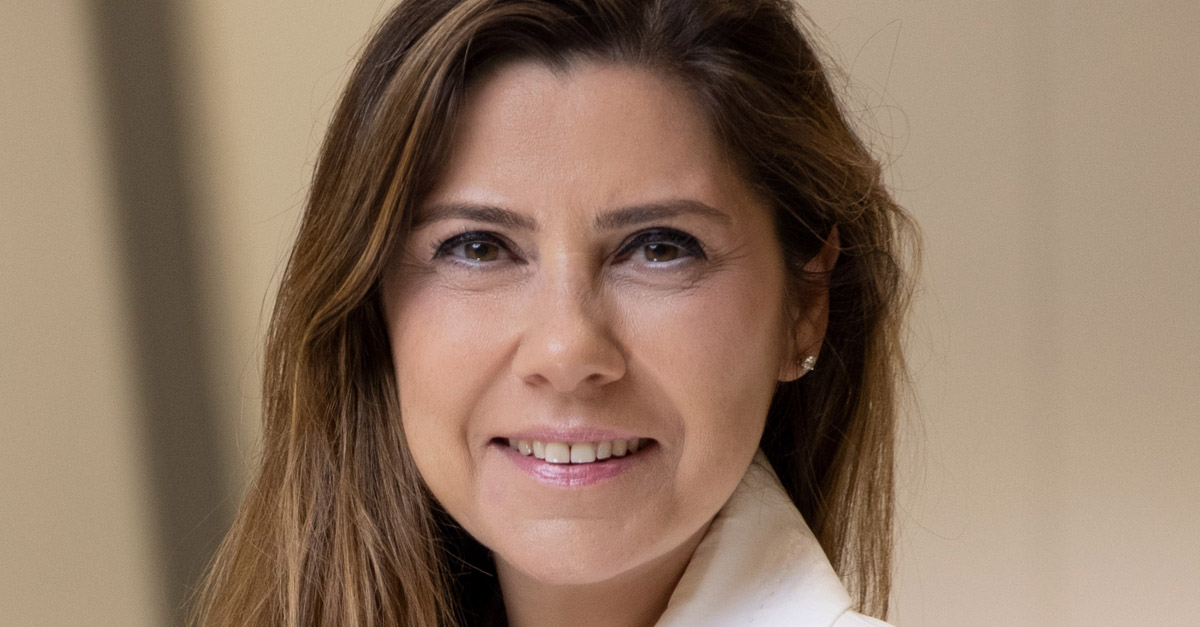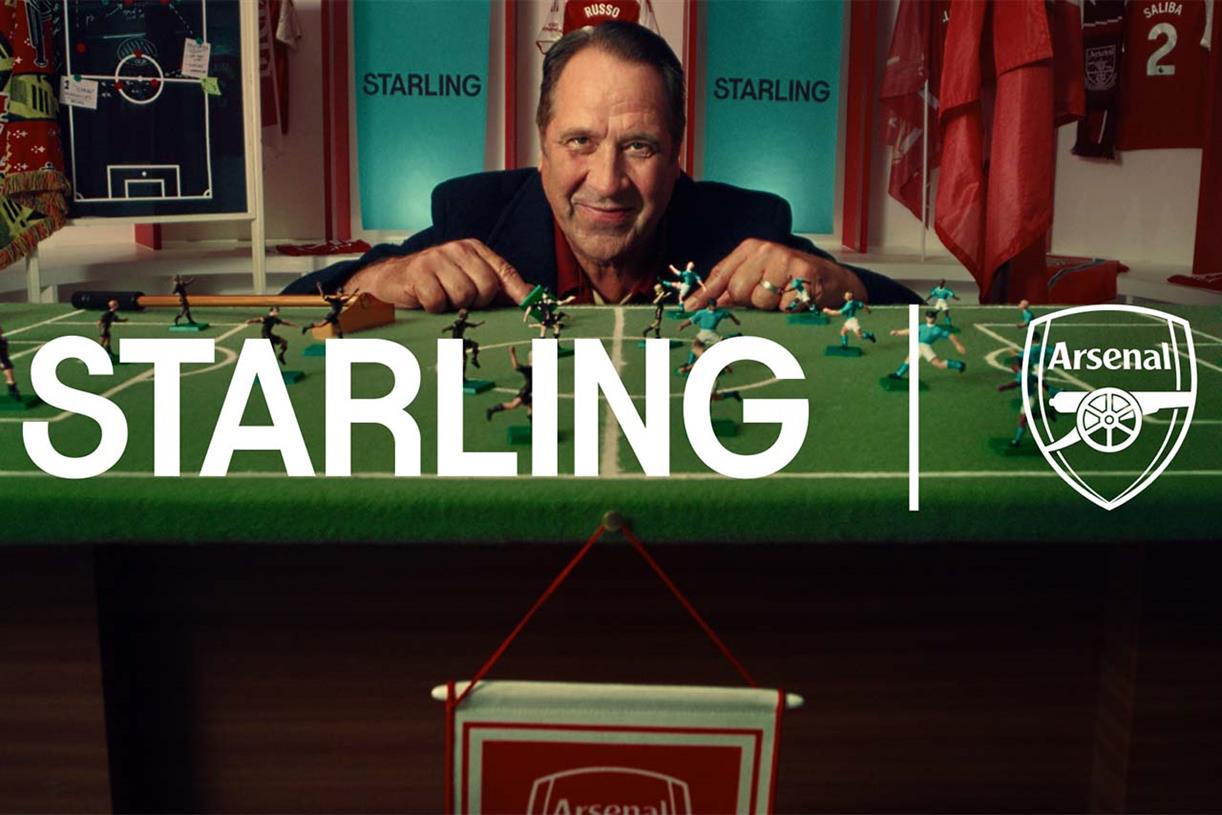Therapy-speak is making us lonelier, says therapist Esther Perel: 'There is a danger that you lose all nuance'
While the normalization of therapy is good, the weaponization of the language around it might be leading to more loneliness and isolation.

Attachment style, trauma-bonding, boundaries: there are now a barrage of labels to put on behaviors or feelings we've always had but couldn't quite name.
Some call this therapy-speak. Esther Perel calls it something else.
"What you call therapy-speak, we used to call psychobabble—it's a new word for an old concept," she told Vanity Fair in a recent interview.
Perel is a Belgium American psychotherapist known for her bestselling books, widely viewed TED Talks, and her podcast "Where Should We Begin?" which focuses on intimacy and relationships.
While the normalization of therapy is good, the weaponization or misuse of the language around it might be leading to more loneliness.
'There is a danger that you lose all nuance'
The de-stigmatization of going to therapy has clear benefits.
"I come from a generation where going to therapy was the thing you never mentioned," Perel, 65, said. "The fact that it's becoming a sign of being an evolved person is an interesting thing."
A person's interest in therapy can show that they value self-reflection and self-awareness. In fact, 86% of daters are more likely to go out with someone a second time if the person mentioned they go to therapy on the first date, according to data from Hinge.
The popularity of therapy and even therapy-speak can also bring clarity to struggles people have been experiencing, oftentimes alone, for years.
But, Perel said, there is a "paradox."
"There is such an emphasis on the 'self-care' aspect of it that is actually making us more isolated and more alone, because the focus is just on the self," Perel says.
There is such an emphasis on the 'self-care' aspect of it that is actually making us more isolated and more alone.
Instead of working through conflict or discomfort with people, you can simply "set a boundary" for "self-care" reasons and opt out.
"There is a danger that you lose all nuance, that you're basically trying to elevate your personal comments and personal experience by invoking the higher authority of psychobabble," Perel said.
You might end up shutting down communication, all in the name of "honoring yourself."
"I don't like what you do, so I say you're gaslighting me," Perel said. "You have a different opinion, and I bring in a term that makes it impossible for you to even enter into a conversation with me. Labeling enables me to not have to deal with you."
This behavior affirms that if you are seeking help, be sure you're approaching a professional, not social media.
"It's very important to show that therapy is a highly relational, nuanced, and contextual conversation," Perel said. "That is very different from what you get on TikTok or IG or your friends in armchairs."
DON'T MISS: Want to be smarter and more successful with your money, work & life? Sign up for our new newsletter!
Get CNBC's free Warren Buffett Guide to Investing, which distills the billionaire's No. 1 best piece of advice for regular investors, do's and don'ts, and three key investing principles into a clear and simple guidebook.

 Aliver
Aliver 
































